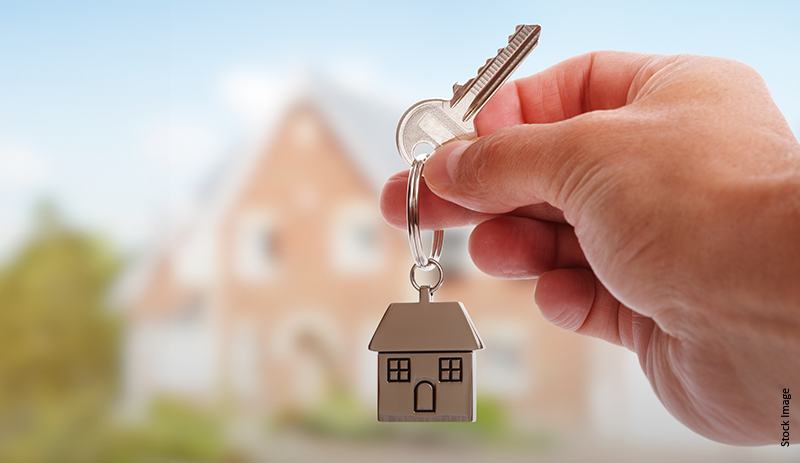Buying a house is one of the biggest and most exciting decisions you’ll ever make. Whether you’re a first-time buyer or upgrading to your dream home, it’s important to know exactly what to look for before sealing the deal. Many people rush into homeownership without checking a few critical things—and later regret it.
What to Check Before Buying a House
So, to help you avoid costly mistakes, here’s a simple, no-fluff guide on what to check before buying a house.
1. Location Is Everything
Before you even step inside a property, check the neighborhood. Ask yourself:
- Is it close to your work or your children’s school?
- Are there supermarkets, clinics, and parks nearby?
- Is public transport easily available?
- What’s the crime rate like?
Remember, you can change the house, but you can’t move the land it’s on. Make sure the location fits your lifestyle.
2. Budget and Hidden Costs
Be honest about what you can afford—not just the sale price. Look into:
- Down payment
- Legal and stamp duty fees
- Property taxes
- Monthly mortgage payments
- Maintenance and renovation costs
Also, consider the long-term value of the home. Does it have potential to appreciate? If yes, that’s a win.
3. Check the Structure and Condition
Don’t get fooled by fresh paint and fancy decor. A good-looking home can still hide major issues. Before making any decision, inspect:
- Roof and ceiling for leaks or water stains
- Walls for cracks or mold
- Doors and windows for proper alignment
- Plumbing and electrical wiring
- Flooring and tiles
Hiring a professional home inspector can save you from unexpected repairs down the road.
4. Understand the Layout and Site Plan
Look at the layout carefully. Is the living space well-designed? Are rooms positioned in a way that makes sense for your family?
If you’re looking at new properties or executive condominiums (ECs), always check the official site plan. It shows you the placement of blocks, facilities, landscaping, and more. For example, the Tampines Street 95 EC Site Plan gives a clear idea of unit positioning, parking lots, amenities like pools and gyms, and how the buildings are spaced out.
A good site plan means better living conditions, privacy, and value in the future.
5. Age of the Property
Older houses might come with character and charm, but also with potential issues like worn-out plumbing, dated wiring, or foundation problems.
Newer properties might be more energy-efficient and require less immediate maintenance. Find out when the property was built and how well it’s been maintained.
6. Legal Checks and Paperwork
This is where things can get tricky. Make sure:
- The seller has the legal right to sell
- There are no outstanding loans or disputes on the property
- The property is zoned for residential use
- Titles, permits, and taxes are all up to date
If you’re unsure, get help from a property lawyer. It’s worth the peace of mind.
7. Noise and Environment
Spend some time in the area at different times of the day. Is there traffic noise during rush hour? Are there any factories or noisy schools nearby?
Also, check for flood risks, air quality, and sunlight direction. A house with good natural lighting and ventilation is not just healthier—it saves on electricity bills too!
8. Resale and Rental Potential
Even if you’re buying for yourself, it’s smart to think about the future. What if you want to rent it out or sell it later?
- Is the area developing?
- Are prices rising?
- Are there good schools and jobs nearby?
Properties in prime areas, especially with organized layouts like those shown in the Tampines Street 95 EC Site Plan, often offer strong resale or rental potential.
9. Amenities and Facilities
Make a checklist of what matters most to you. This can include:
- Parking
- Security
- Elevators
- Community centers
- Swimming pool
- Gym
Modern developments like Tampines Street 95 EC come with a full set of lifestyle amenities built into the community.
10. Your Gut Feeling
Lastly, trust your instincts. If something feels off—even if everything looks perfect on paper—take your time. Don’t rush into a decision. There are always more homes to explore.
Final Thoughts
Buying a house doesn’t have to be scary if you know what to look for. Take your time, ask the right questions, and always check the details—especially things like structure, legal status, and site plans.
If you’re considering ECs in Singapore, don’t forget to review projects like Tampines Street 95 EC. Their site plan gives you a clear picture of what living there would actually be like—from unit locations to where the gardens and gyms are.
The more informed you are, the better your buying decision will be. Happy house hunting!

Leave a Reply